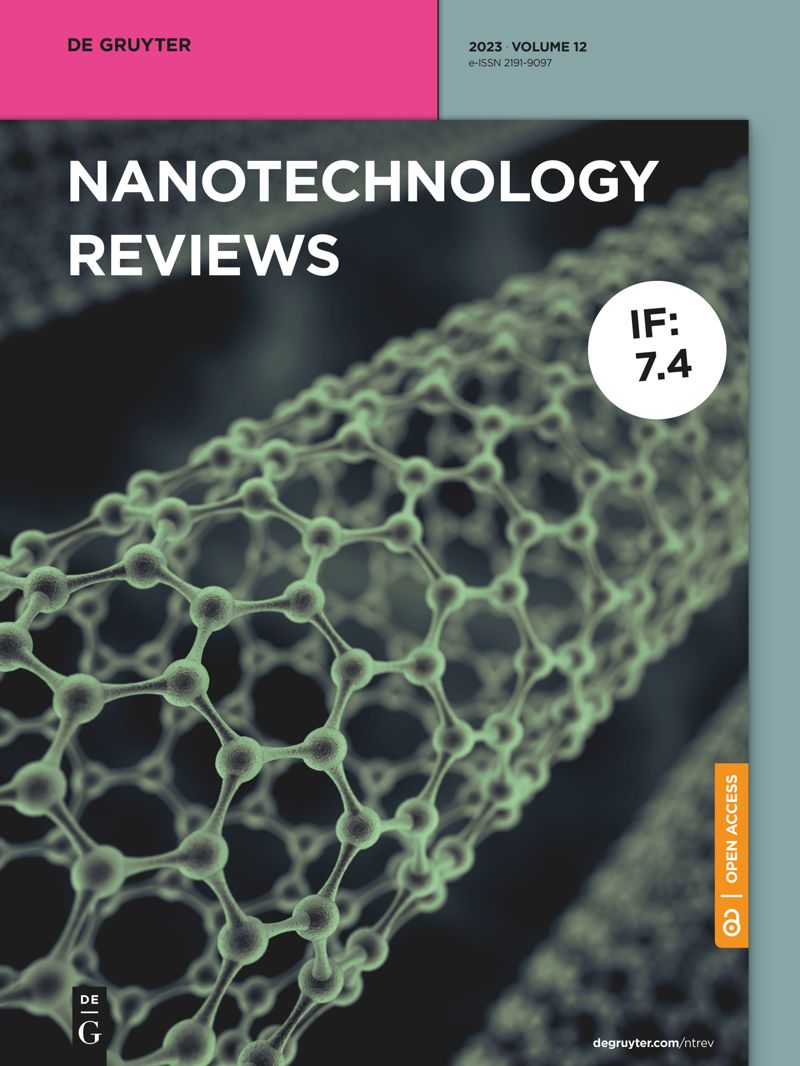聚脲微/纳米胶囊在建筑工业中的应用综述
IF 6.1
3区 材料科学
Q1 CHEMISTRY, MULTIDISCIPLINARY
引用次数: 3
摘要
摘要在过去的十年中,微/纳米胶囊在建筑行业的应用不断增加。聚脲具有可调的化学结构和形态结构,是制备微/纳米胶囊的理想聚合物。聚脲微/纳米胶囊的结构可以通过散装乳液或微流体方法定制。生产微/纳米胶囊的重要因素是制造速度和对平均尺寸、分散性和壁厚的控制。与微流体技术相比,体乳法具有更高的产量,对尺寸和分散性的控制较少。聚脲微/纳米胶囊在建筑工业中的主要应用包括节能、自愈混凝土、自愈聚合物和阻燃。聚脲具有良好的导热性能和力学性能,这是相变材料封装所需要的。二氧化钛聚脲微胶囊储能效率为77.3%,蓄热容量为99.9%。聚脲水玻璃微胶囊对油井水泥具有高温自愈能力,比明胶微胶囊表现出更高的自愈能力。氧化石墨烯聚脲微/纳米胶囊在环氧涂层中具有62.5%的防腐自愈效率,并且通过枝状聚脲微胶囊包埋聚氨酯涂层的钢在盐水中长时间浸泡后仍保持不变。本文章由计算机程序翻译,如有差异,请以英文原文为准。
Polyurea micro-/nano-capsule applications in construction industry: A review
Abstract The application of micro-/nano-capsules in construction industries has been rising over the past decade. Polyurea with tunable chemical and morphological structure are of interesting polymers to prepare micro-/nano-capsules used in construction. The structure of polyurea micro-/nano-capsule is capable to be tailored via bulk emulsion or microfluidic method. Important factors for production of micro/nano-capsules are the rate of fabrication and having control over mean size, dispersity, and wall thickness. The bulk emulsion method provides higher yield of production with less control over sizes and dispersity in comparison to microfluidic technique. The main applications of polyurea micro-/nano-capsules in construction industries are categorized as thermal energy saving, self-healing concrete, self-healing polymers, and fire retarding. Polyurea showed appropriate thermal conductivity and mechanical properties which is required for encapsulation of phase change materials. Titanium dioxide polyurea microcapsules possess energy storage efficiency of 77.3% and thermal storage capacity of 99.9%. Polyurea microcapsules with sodium silicate cargo provided self-healing abilities for oil well cement in high temperature and showed higher self-healing abilities compared to gelatin microcapsules. Graphene oxide polyurea micro-/nano-capsules demonstrated 62.5% anti-corrosive self-healing efficiency in epoxy coating, and steel coated via dendritic polyurea microcapsules embedded polyurethane remained unchanged after long time immersion in salt water.
求助全文
通过发布文献求助,成功后即可免费获取论文全文。
去求助
来源期刊

Nanotechnology Reviews
CHEMISTRY, MULTIDISCIPLINARY-NANOSCIENCE & NANOTECHNOLOGY
CiteScore
11.40
自引率
13.50%
发文量
137
审稿时长
7 weeks
期刊介绍:
The bimonthly journal Nanotechnology Reviews provides a platform for scientists and engineers of all involved disciplines to exchange important recent research on fundamental as well as applied aspects. While expert reviews provide a state of the art assessment on a specific topic, research highlight contributions present most recent and novel findings.
In addition to technical contributions, Nanotechnology Reviews publishes articles on implications of nanotechnology for society, environment, education, intellectual property, industry, and politics.
 求助内容:
求助内容: 应助结果提醒方式:
应助结果提醒方式:


